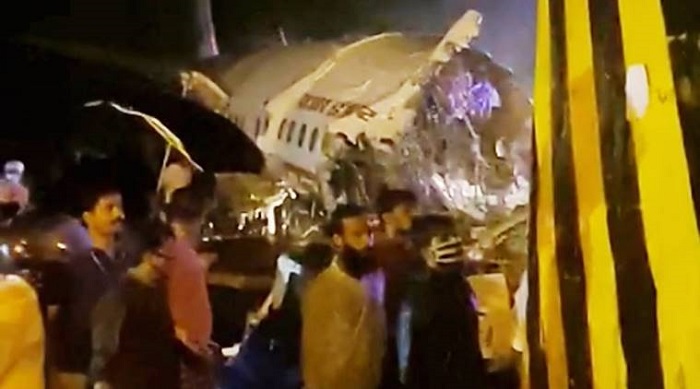Panaji, Jan 20: Senior BJP leader Syed Shahnawaz Hussain Saturday claimed minorities felt safe under the Narendra Modi-led Union government as it never distinguished between people on the basis of caste or religion.
Addressing a press conference here, the BJP national spokesperson also hit out at the Congress for creating a "fear psychosis" among minorities.
"Minority communities were falsely told by the opposition parties that they will be finished if Modi comes to power. Congress thinks they will be able to win votes of minorities by creating a fear psychosis. But the Congress has gone absolutely wrong as minorities will now vote for Modi for the development of the country," he said.
"The minorities feel safest under Modi-led government. The number of riots have decreased under the Modi government. Schemes are launched for the poor without asking them their religion or caste. People have benefited immensely under PM Modi," Hussain claimed.
Speaking about fugitive businessmen Vijay Mallya and diamantaires Nirav Modi and Mehul Choksi, the BJP leader said they had to flee the country as the Modi government had adopted stringent measures against loan defaulters.
He added such loan defaulters were living "fear free" during the previous Congress rule.
He claimed from Independence till 2008, the total loan amount disbursed by financial institutions was Rs 18 lakh crore, which rose to 52 lakh crore between 2008-14 (under the Congress-led UPA rule).
"The Congress should explain why it gave out such massive loans. It was giving loans to businessmen who had gone bankrupt," he alleged.
Hussain said, "thieves" were afraid because the country's "chowkidar" (a term PM Modi often uses to describe himself) was awake.
He added the government would bring back fugitive businessmen to the country to face the law.





Comments
Dog is far better than him.
After Independence India experienced first communal mind ruling party in the central.
Mr....Sha ....
you have no moral right to say so on minorities as at the same time u r contineously targetting minorities in the form of lynching no body spare you in loksabha election...Iss bar congress sarkar....Rahul ji Jai..
Add new comment